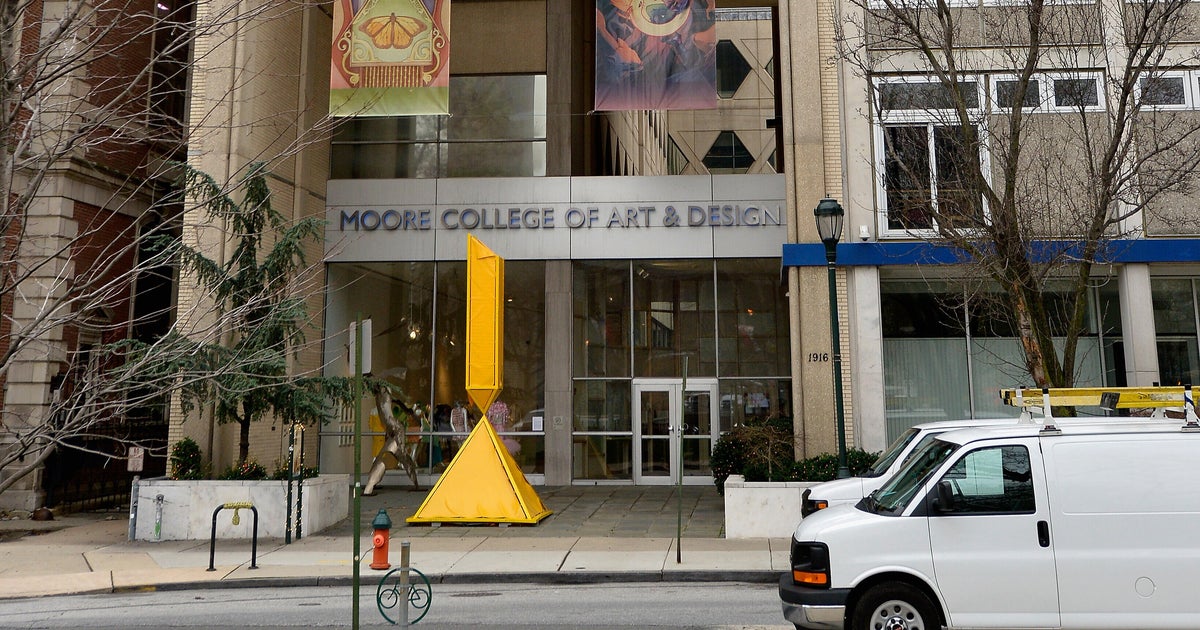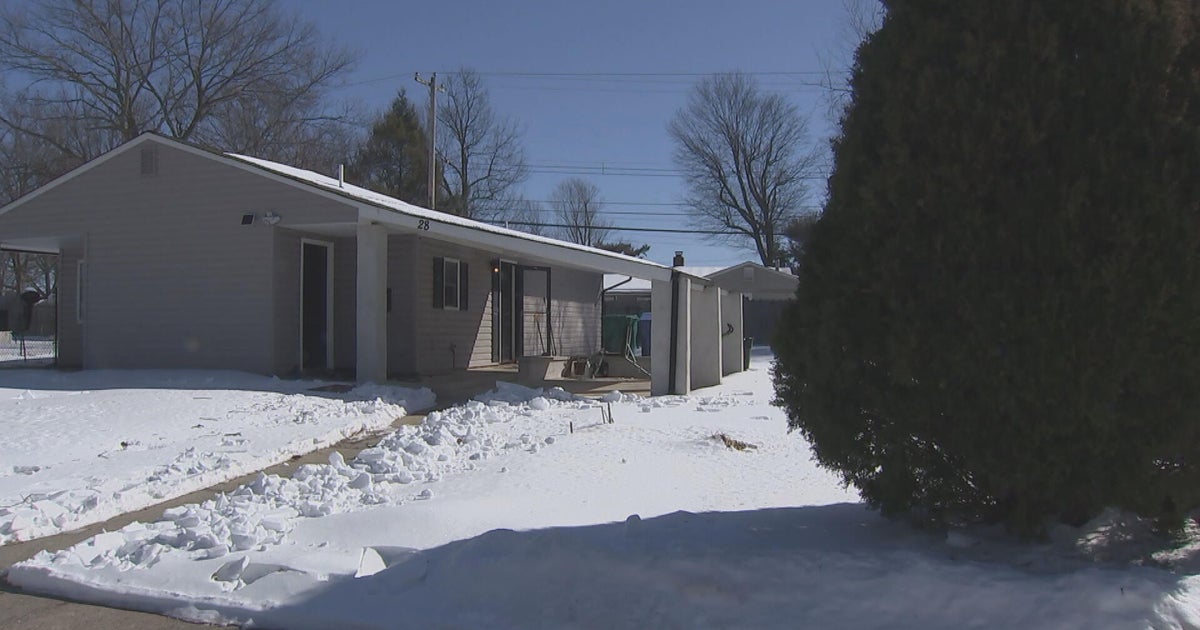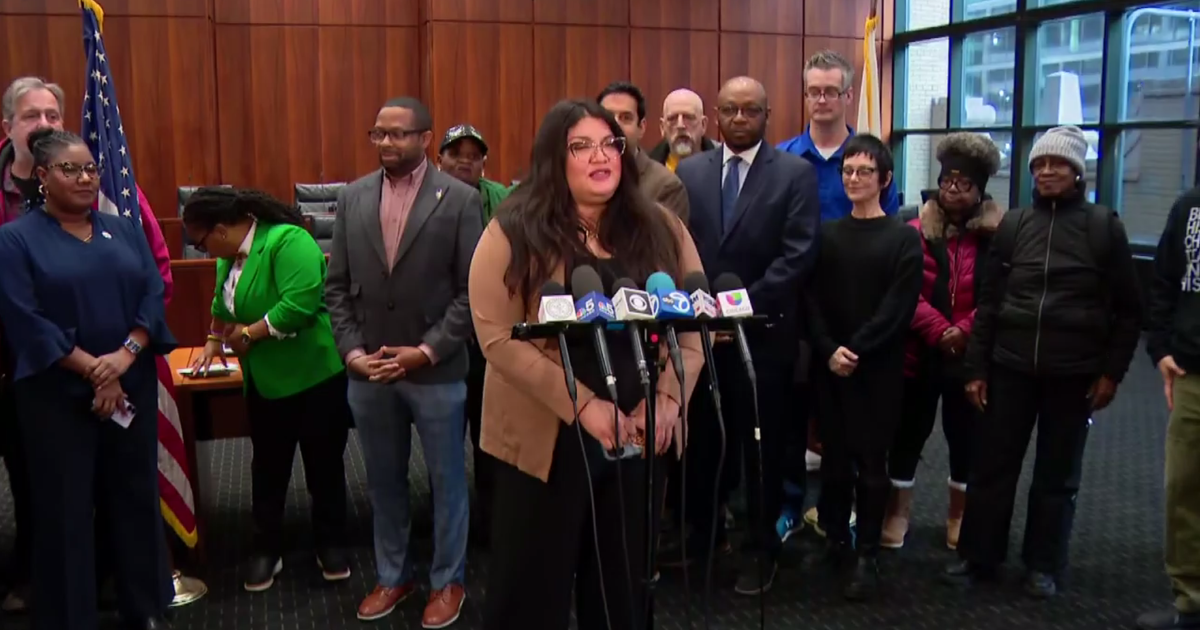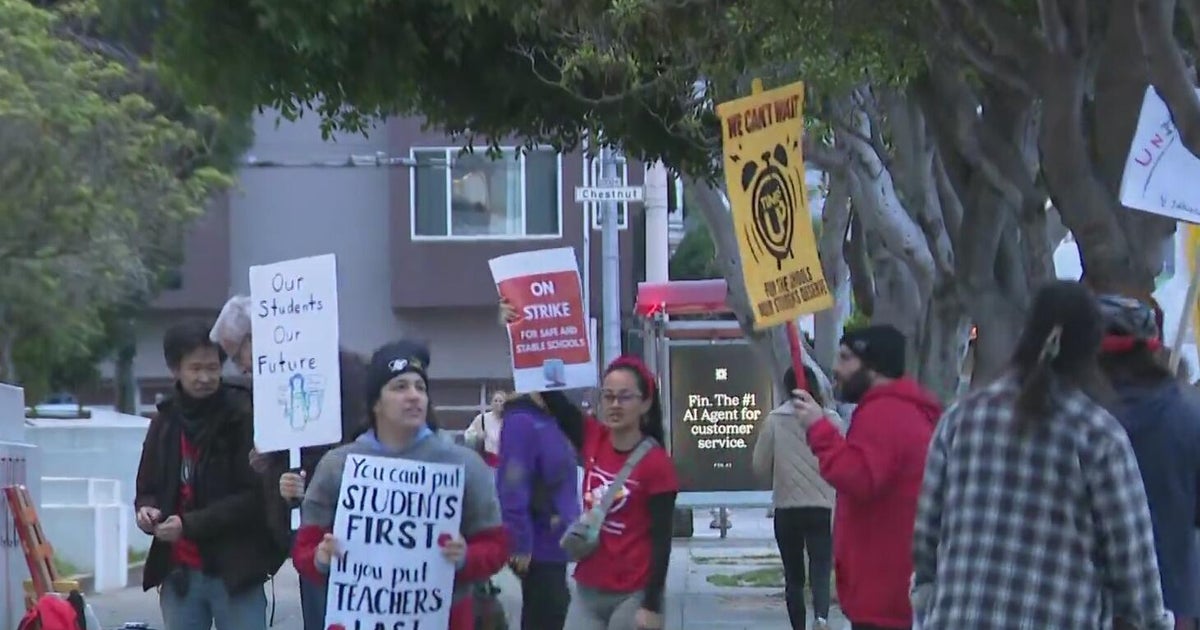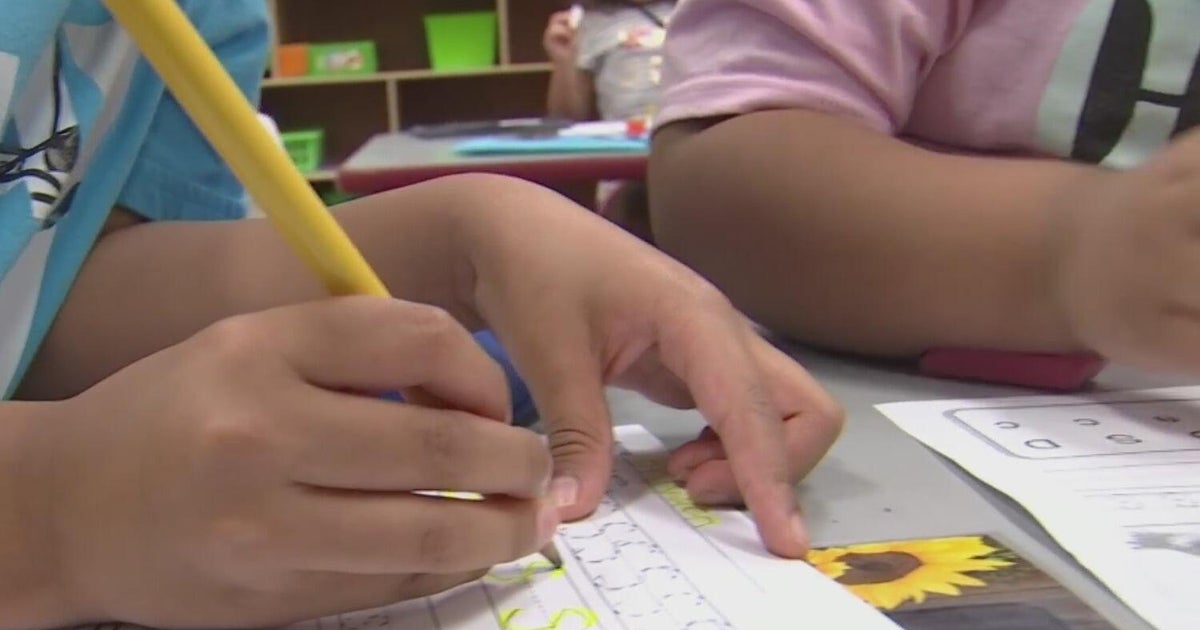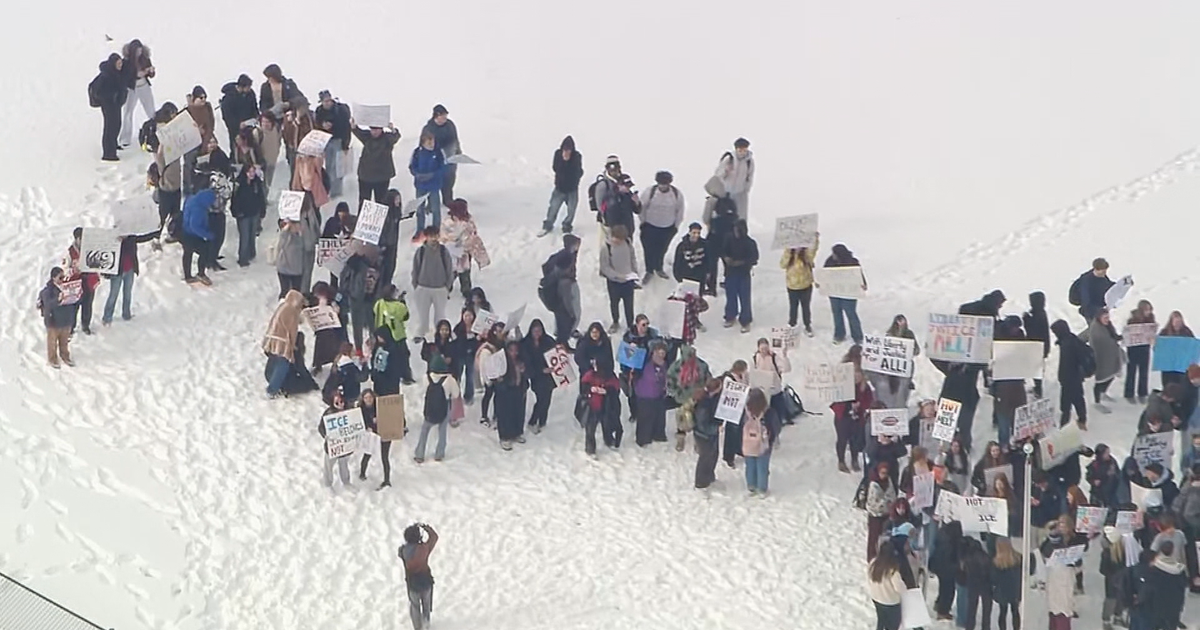Part 1: The EITC -- What Is It?
KYW Regional Affairs Council
"Public Money,
Private Schools"
.
By Pat Loeb
PHILADELPHIA (CBS) -- Pennsylvania's Educational Improvement Tax Credit ("EITC") is promoted as a way to provide a better education for poor children, but public education advocates say it actually takes away tax money that could be used to improve schools.
In the end, the credit is part of a complex process that diverts public money to private and religious schools.
The EITC was first passed by the Pennsylvania legislature in 2001, after ten years of lobbying by a school choice group called REACH Alliance. The REACH Alliance board includes several Catholic church and Christian school officials, and their interest in the legislation is clear. They run schools which could benefit from state funding, but the Pennsylvania Constitution prohibits the use of money raised for public education to be used for religious schools.
State representative James Roebuck (right), who opposes the EITC, says its complex rules get around that legal limitation.
"So it's complicated, maybe a little devious, in the way you get around the prohibition," he says of the EITC law.
Here's a simplified version of how it works:
The tax credit goes to businesses who make donations to a scholarship organization, which then subsidizes tuition to non-public schools. But the businesses get most of their donation back from the tax credit -- 90 percent of it if they donate for two years -- and they get to claim it as a charitable donation on their federal taxes.
But, says Susan Gobreski of Education Voters of Pennsylvania, "It's actually not a donation."
Gobreski says taxpayers are essentially funding the scholarship organizations, which in turn fund private and religious schools.
"If we've got politicians who think it's okay to try to do an end run around the Constitution and the revenues for our state, for pet projects, I think that's a pretty big problem," she tells KYW Newsradio.
Gobreski is especially troubled because the EITC was expanded this year: twice as much money is now available for tax credits.
Meanwhile, cuts in the state's education budget have left public schools hurting.
---
Listen to Part 1...
